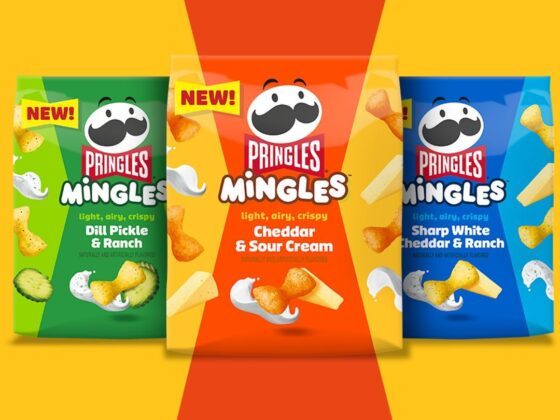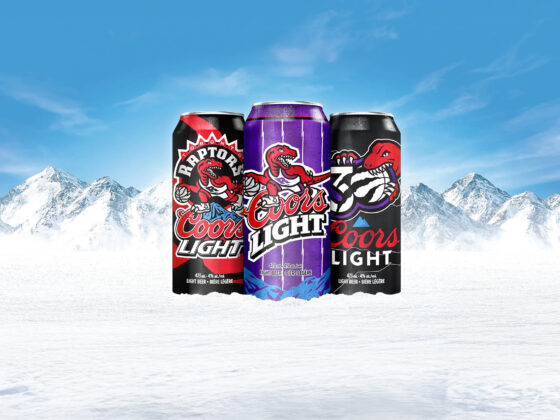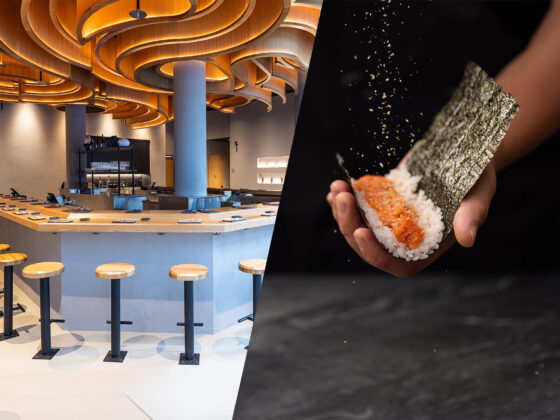Every few years we’re caught up in a wave of enthusiasm for a new food craze, which a year later we look back on as the product of quaint ridiculousness. But the weirdest crazes are the ones that drive gastronomes to the black market in search of a fix. Here are five of the foods supported by their own underground economies.

Cronuts
This doughnut-croissant hybrid sounds good to us. But getting up at 6am to stand in line at New York’s Dominique Ansel Bakery (which sells out daily of its 200 cronuts by 8am)? That’s unreasonable. Even more unreasonable, however, is the black market in cronuts that sees the $5 pastries sold over Craigslist for $40 apiece. In a city with as glorious a variety of foods as New York, that sort of behaviour is the marker of status-seekers more than of lovers of fine pastry. We’d sooner enjoy a cannoli from Veniero’s on 1st Avenue (about $2.75 each) and wait a few months until Cronuts are available everywhere.
Montreal Bagels
Speaking of New York, those of us who’ve spent time in Montreal know there’s a clear winner in the bagel war, and a Google search for “Montreal Bagels” offers a list of other cities hoping for a steaming piece of the action hot out of the wood-fired oven. Holt Renfrew used to fly them into Toronto weekly, and they weren’t alone — the classic St-Viateur bagel was flown all over North America and sometimes even to Europe. Today, Toronto, like many cities across North America, has wised up and opened Montreal-style bagel shops of its own. That’s all well and good, but the real thing comes only from the source. Next time a friend’s going to Montreal, we recommend you ask them to bring you back a dozen of whatever’s hot from St-Viateur or Fairmount Bagel (both open around the clock), and tell them to drive fast enough that they’ll still be fresh on arrival.
ADVERTISEMENT |
Raw Milk and Cheese
Pasteurization is a good idea, regardless of what the kooks say. It kills pathogens and doesn’t decrease the health value of milk. But the one thing pasteurization does affect is flavour, especially in raw-milk cheeses, which is why it’s illegal to sell cheeses aged less than 60 days, and illegal to sell raw milk at all. Fair enough, you might think, but in Europe there’s a whole culture around 30-day aged cheese, and the law hasn’t stopped a thriving black market for young cheese in Canada — along with raw whole milk (which we hear goes for about $7 a litre, if you know the right people in the country).
Caviar
How else do you expect Russian oligarchs to cater orgies without driving a species or two into extinction? A few years back Russia clamped down on beluga-sturgeon caviar production after studies showed that ten times as much of the pricy fish-egg delicacy was being caught illegally instead of legally. No problem: the Russian mob was happy to get into the poaching trade, so the law didn’t affect the supply of caviar — for a while, until Caspian Sea sturgeons started dying out. Four years of an all-out production ban helped replenish the stocks, but sturgeons are still endangered. If someone offers you Beluga caviar, ask instead for an ethical alternative, like Canadian-produced organic white-sturgeon caviar.
Four Loko
Four Loko wasn’t, strictly speaking, a food, or even a drink. Most agreed the caffeinated alco-pop was just a drug, flat-out, designed for encouraging young people toward a life of crime and indecency. But because it wasn’t even remotely legal in Canada (or a bunch of US states), of course people up here wanted to sample the forbidden blackout nectar, enchanted by the idea of waking up topless in a ditch in a city they could not immediately identify. In late 2010, the FDA banned adding caffeine to alcoholic drinks, leading to a bracing Four Loko black market on Craigslist and eBay driven by those eager to pay top dollar in order to have a bad night they wouldn’t remember later on.






